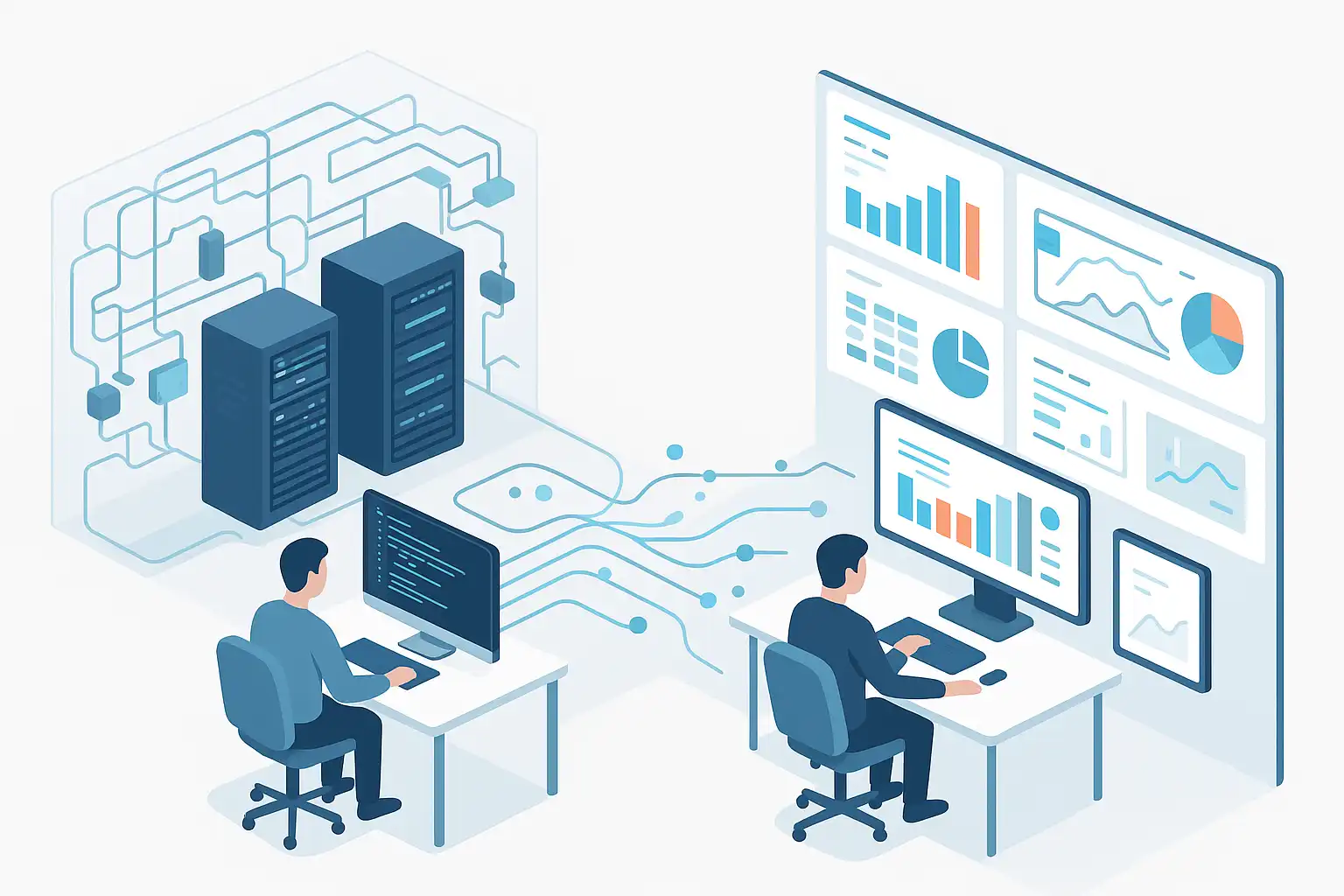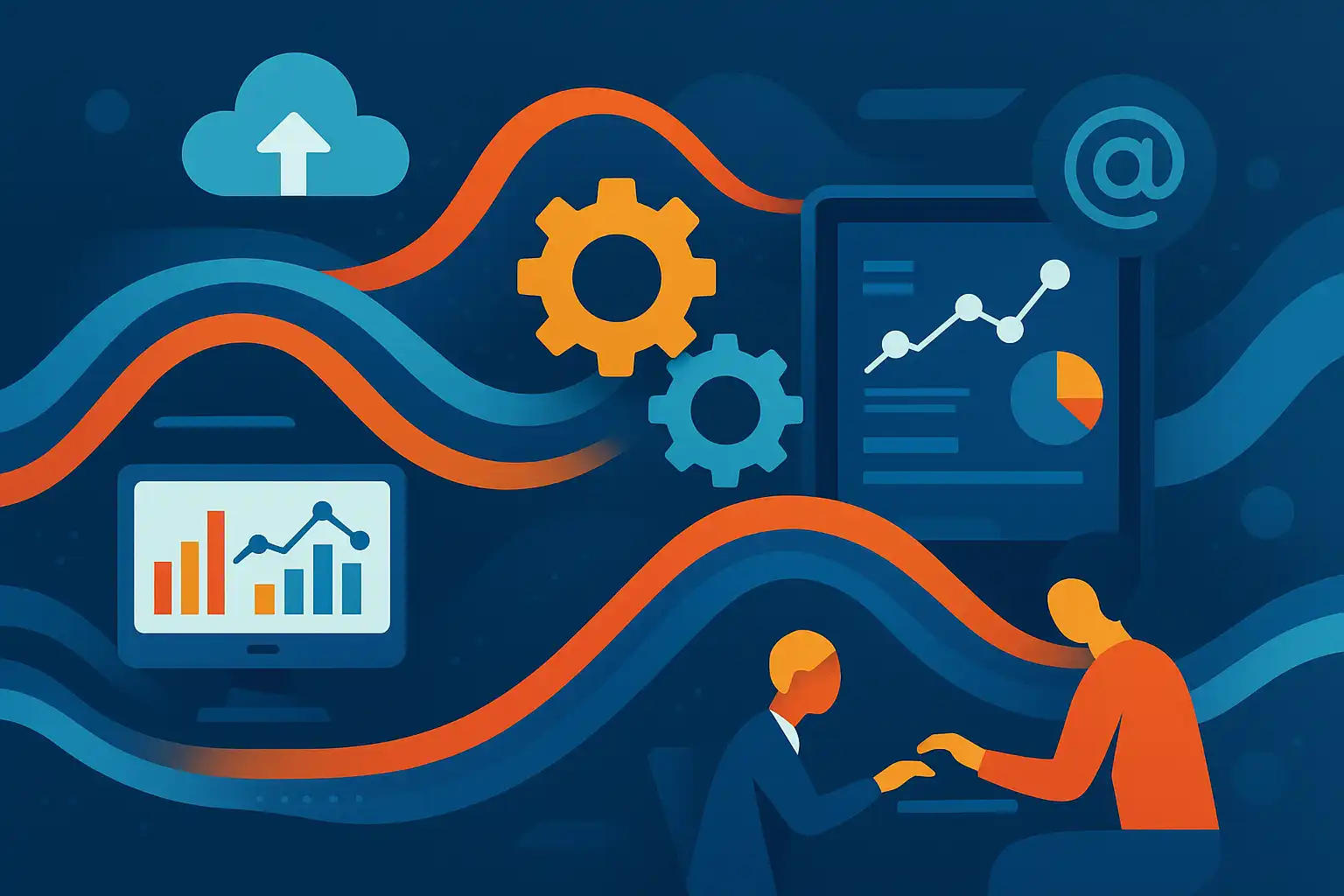Business intelligence team roles explained for growing organizations
A well-structured Business Intelligence (BI) team is essential for growing organizations to transform data into actionable insights that drive strategic decisions. Key BI roles include BI Manager, Data Analyst, Data Engineer, Data Scientist, BI Developer, Data Architect, Business Analyst, Visualization Specialist, and Database Administrator, each contributing uniquely to data management, analysis, and visualization. Effective BI teams enable faster response to market changes, identify new opportunities, reduce costs, and focus on critical KPIs aligned with business goals. Growing companies often start with centralized BI teams before adopting distributed models embedded in business units. Successful BI teams combine technical skills (SQL, Python, Power BI) with strong communication, collaboration, and continuous improvement. Measuring BI success involves adoption rates, time to insight, data quality, business impact, and user satisfaction. Common challenges like data silos, poor data quality, and talent shortages can be overcome through data governance, stakeholder engagement, and upskilling. Even small businesses benefit from BI by tailoring team size and tools to their needs. Regular cross-department collaboration and ongoing skill development are vital to maintaining a competitive, data-driven organization poised for sustainable growth.










